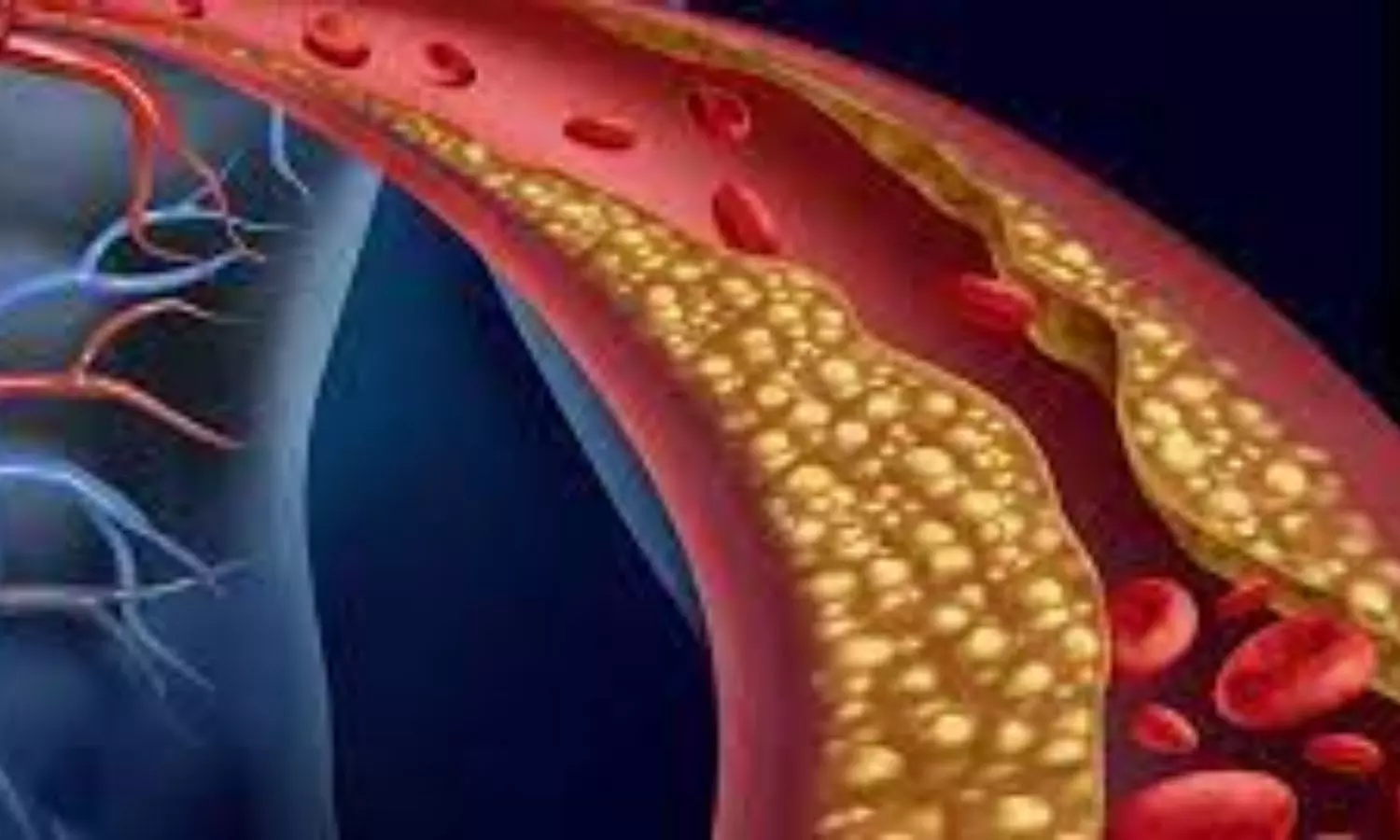- Home
- Medical news & Guidelines
- Anesthesiology
- Cardiology and CTVS
- Critical Care
- Dentistry
- Dermatology
- Diabetes and Endocrinology
- ENT
- Gastroenterology
- Medicine
- Nephrology
- Neurology
- Obstretics-Gynaecology
- Oncology
- Ophthalmology
- Orthopaedics
- Pediatrics-Neonatology
- Psychiatry
- Pulmonology
- Radiology
- Surgery
- Urology
- Laboratory Medicine
- Diet
- Nursing
- Paramedical
- Physiotherapy
- Health news
- Fact Check
- Bone Health Fact Check
- Brain Health Fact Check
- Cancer Related Fact Check
- Child Care Fact Check
- Dental and oral health fact check
- Diabetes and metabolic health fact check
- Diet and Nutrition Fact Check
- Eye and ENT Care Fact Check
- Fitness fact check
- Gut health fact check
- Heart health fact check
- Kidney health fact check
- Medical education fact check
- Men's health fact check
- Respiratory fact check
- Skin and hair care fact check
- Vaccine and Immunization fact check
- Women's health fact check
- AYUSH
- State News
- Andaman and Nicobar Islands
- Andhra Pradesh
- Arunachal Pradesh
- Assam
- Bihar
- Chandigarh
- Chattisgarh
- Dadra and Nagar Haveli
- Daman and Diu
- Delhi
- Goa
- Gujarat
- Haryana
- Himachal Pradesh
- Jammu & Kashmir
- Jharkhand
- Karnataka
- Kerala
- Ladakh
- Lakshadweep
- Madhya Pradesh
- Maharashtra
- Manipur
- Meghalaya
- Mizoram
- Nagaland
- Odisha
- Puducherry
- Punjab
- Rajasthan
- Sikkim
- Tamil Nadu
- Telangana
- Tripura
- Uttar Pradesh
- Uttrakhand
- West Bengal
- Medical Education
- Industry
Age No Barrier: LDL Cholesterol Reduction Effective in Preventing CVD among elderly

A groundbreaking study conducted in Denmark has provided compelling evidence that lowering low-density lipoprotein (LDL) cholesterol through lipid-lowering therapy can significantly reduce the risk of cardiovascular disease, regardless of age. While prior research has consistently shown the benefits of this approach for individuals under 70, this study delves into the effectiveness of the treatment for those aged 70 and older.
The study results were published in the Journal of the American College of Cardiology.
Cardiovascular diseases are a global health burden. Low-density lipoproteins are the major cause of increased risk of cardiovascular diseases and stroke and hence managing the levels is of utmost importance. Previous literature shows that lowering LDL levels reduces the risk of cardiovascular diseases in younger individuals aged <70 years of age. There is uncertainty about its effect on individuals aged >70 years of age. Hence Danish researchers conducted a Nationwide cohort study to to compare the clinical impact of reducing LDL cholesterol using lipid-lowering therapy as a primary prevention measure against cardiovascular disease in both older and younger individuals.
The researchers included individuals aged 50 and above who had commenced lipid-lowering therapy between January 1, 2008, and October 31, 2017. Importantly, these participants had no history of atherosclerotic cardiovascular disease and had both baseline and within-one-year LDL cholesterol measurements available. The associated risk of major vascular events among older individuals (≥70 years) by HRs per 1 mmol/L reduction in LDL cholesterol compared with younger individuals was also assessed. The results of this extensive study, which included 16,035 older individuals (aged 70 and above) and 49,155 younger individuals (under 70), were striking.
The results:
- In both age groups, the median reduction in LDL cholesterol was approximately 1.7 mmol/L.
- What was particularly noteworthy is that for older individuals, every 1 mmol/L reduction in LDL cholesterol corresponded to a remarkable 23% lower risk of experiencing major vascular events.
- This risk reduction in older individuals was almost identical to that observed in their younger counterparts.
- The hazard ratio (HR) for older individuals was 0.77 (95% confidence interval: 0.71-0.83), while for younger individuals, it was 0.76 (95% confidence interval: 0.71-0.80).
- Notably, the statistical analysis found no significant difference between the two age groups, with a p-value difference of 0.79.
The study's conclusions underscore the importance of ongoing research in the field of cardiovascular health and primary prevention strategies. The clinical benefits of reducing LDL cholesterol as a primary preventive measure for major vascular events are just as significant for individuals aged 70 and above as they are for those under 70, signifying that age should not be a barrier to this potentially life-saving therapy. As the global population continues to age, understanding how different age groups respond to interventions like lipid-lowering therapy becomes increasingly crucial. This Danish study, with its robust methodology and compelling results, represents a significant step forward in our knowledge of cardiovascular disease prevention and treatment across the lifespan.
Further reading: LDL-C Reduction With Lipid-Lowering Therapy for Primary Prevention of Major Vascular Events Among Older Individuals. https://doi.org/10.1016/j.jacc.2023.07.027
BDS, MDS
Dr.Niharika Harsha B (BDS,MDS) completed her BDS from Govt Dental College, Hyderabad and MDS from Dr.NTR University of health sciences(Now Kaloji Rao University). She has 4 years of private dental practice and worked for 2 years as Consultant Oral Radiologist at a Dental Imaging Centre in Hyderabad. She worked as Research Assistant and scientific writer in the development of Oral Anti cancer screening device with her seniors. She has a deep intriguing wish in writing highly engaging, captivating and informative medical content for a wider audience. She can be contacted at editorial@medicaldialogues.in.
Dr Kamal Kant Kohli-MBBS, DTCD- a chest specialist with more than 30 years of practice and a flair for writing clinical articles, Dr Kamal Kant Kohli joined Medical Dialogues as a Chief Editor of Medical News. Besides writing articles, as an editor, he proofreads and verifies all the medical content published on Medical Dialogues including those coming from journals, studies,medical conferences,guidelines etc. Email: drkohli@medicaldialogues.in. Contact no. 011-43720751



